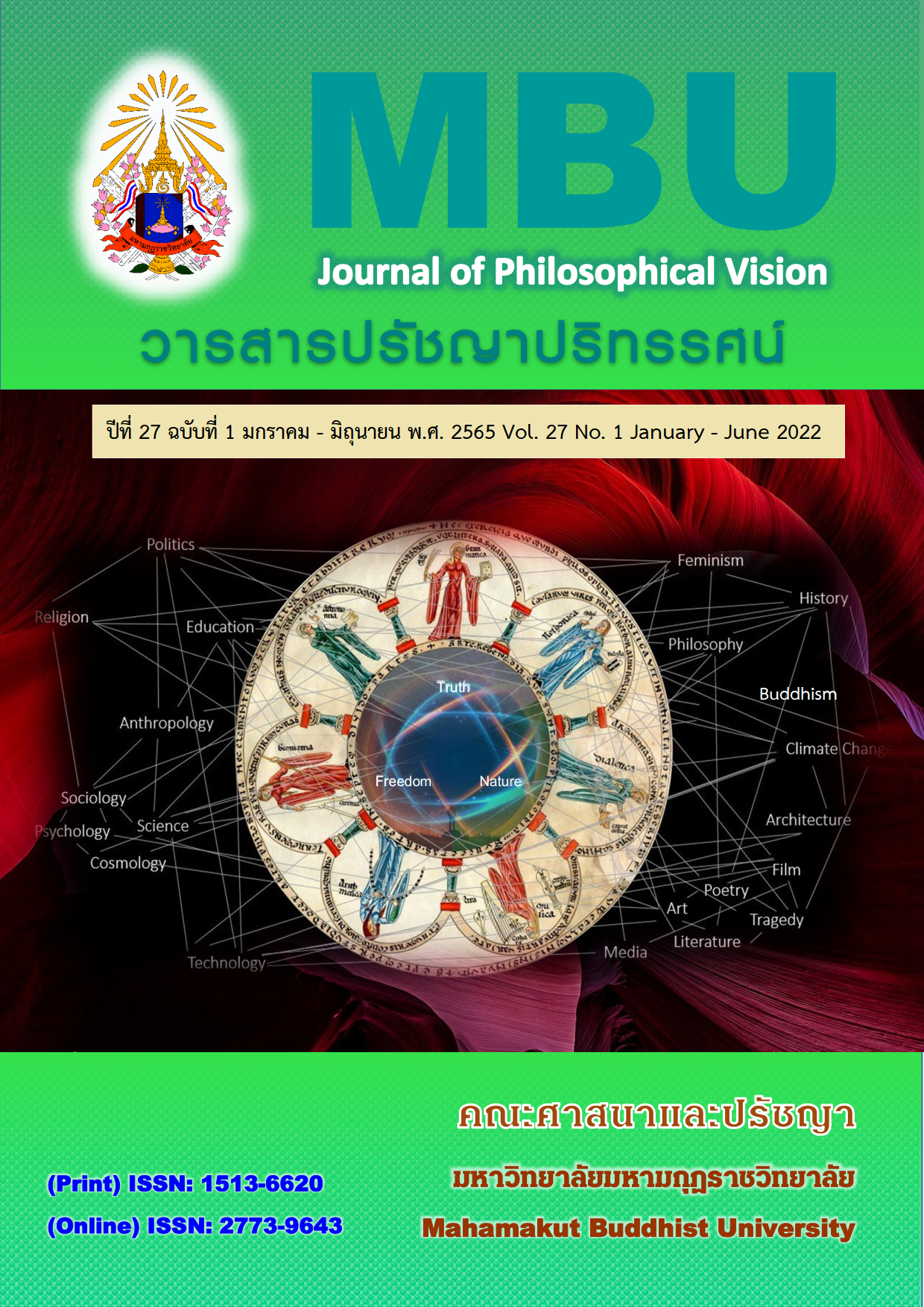The Incentive Effectiveness Of Music Teachers In Colleges And University In Jiangxi Province, China
คำสำคัญ:
Incentive Effectiveness, Music Teacherบทคัดย่อ
For nearly two decades, Chinese university education has completed the transformation of "elite higher education" to "mass higher education", led by the popularization of education, which has moved from the social edge to the social center. In this study, some music teachers in colleges and universities in Jiangxi Province were selected as the target. They were designed to identify the issues of encouraging music teachers in colleges and universities, and have important theoretical value and practical significance in developing the potential of music teachers in colleges and universities, stimulating their creativity of them, and building a positive human resource management model for music education in colleges and universities. This study uses quantitative analysis methods to carry out empirical research. The research results show that (1) the demand for music teachers in colleges and universities in Jiangxi province has the dominant position in terms of diversity, tendency, and spirit of music teachers. At the same time, material demand remains the main need of music teachers in colleges and universities. (2) Demand satisfaction is the key to motivation. In turn, the enthusiasm of music teachers in colleges and universities comes from the incentive power of professional development, compensation factors, and environmental factors, and the turnover rate of music teachers in colleges and universities is low and the team is stable. (3) It is the guarantee of continuous incentive for music teachers in colleges and universities to improve the restriction of the constraints and meet the reasonable needs of music teachers in colleges and universities.
Downloads
เอกสารอ้างอิง
Chen, S. (2015). A preliminary study on the incentive mechanism for the secondary growth of young and middle-aged teachers in Higher Vocational colleges. Vocational and Technical Education in China, (18): 54-58.
Ding, L. (2018). Research on Incentive Strategies of dispatched teachers in Colleges and universities from the perspective of humanistic management. Henan Education, (11): 40-43.
Fu, J., & Sun, J. (2014). Research on the construction of “double-qualified” teachers under the guidance of incentive theory. Vocational Education Forum, (23): 9-12.
Gao, P. (2016). Construction and incentive mechanism of part-time teachers in Higher Vocational Colleges Based on psychological contract. Vocational and Technical Education, 37(26): 71-73.
Huang, L., & Gao, M. (2016). An Empirical Study of Teachers ‘Incentive Mechanism in Independent Colleges. Teaching Research, 39(01): 43-46.
Huang, Y. (2010). Cultivation and motivation of achievement motivation of University teachers. Heilongjiang Education Higher Education Research and Evaluation, (09): 56-57.
Imberman, S. A., & Lovenheim, M. F. (2015). Incentive strength and teacher productivity: Evidence from a group-based teacher incentive pay system. Review of Economics and Statistics, 97(2): 364-386.
Kitagawa, F. (2003). New Mechanisms of Incentives and Accountability for Higher Education Institutions. Higher Education Management and Policy, 15(2): 99-116.
Lazear, E. P. (2003). Teacher incentives. Swedish Economic Policy Review, 10(2), 179-214.
Lu, W. (2012). On the Construction of the Incentive Evaluation System for Higher Vocational Teachers. Vocational Education Forum, (29): 84-85.
Tang, P., & Yao, J. (2011). Incentive mechanism for teachers in Higher Vocational colleges. Mechanical Vocational Education, (01): 38-40.
Yang, X, & Zhou, W. (2009). Motivation Model for College Teachers Based on Dual Tasks of Teaching and Scientific Research. Modern Education Management, (12): 46-48.
ดาวน์โหลด
เผยแพร่แล้ว
รูปแบบการอ้างอิง
ฉบับ
ประเภทบทความ
สัญญาอนุญาต
ลิขสิทธิ์ (c) 2022 วารสารปรัชญาปริทรรศน์

อนุญาตภายใต้เงื่อนไข Creative Commons Attribution-NonCommercial-NoDerivatives 4.0 International License.
บทความวิชาการและบทความวิจัย ในวารสารฉบับนี้ ถือเป็นความรับผิดชอบของผู้เขียนเท่านั้น
สงวนลิขสิทธิ์ตามพระราชบัญญัติลิขสิทธิ์






